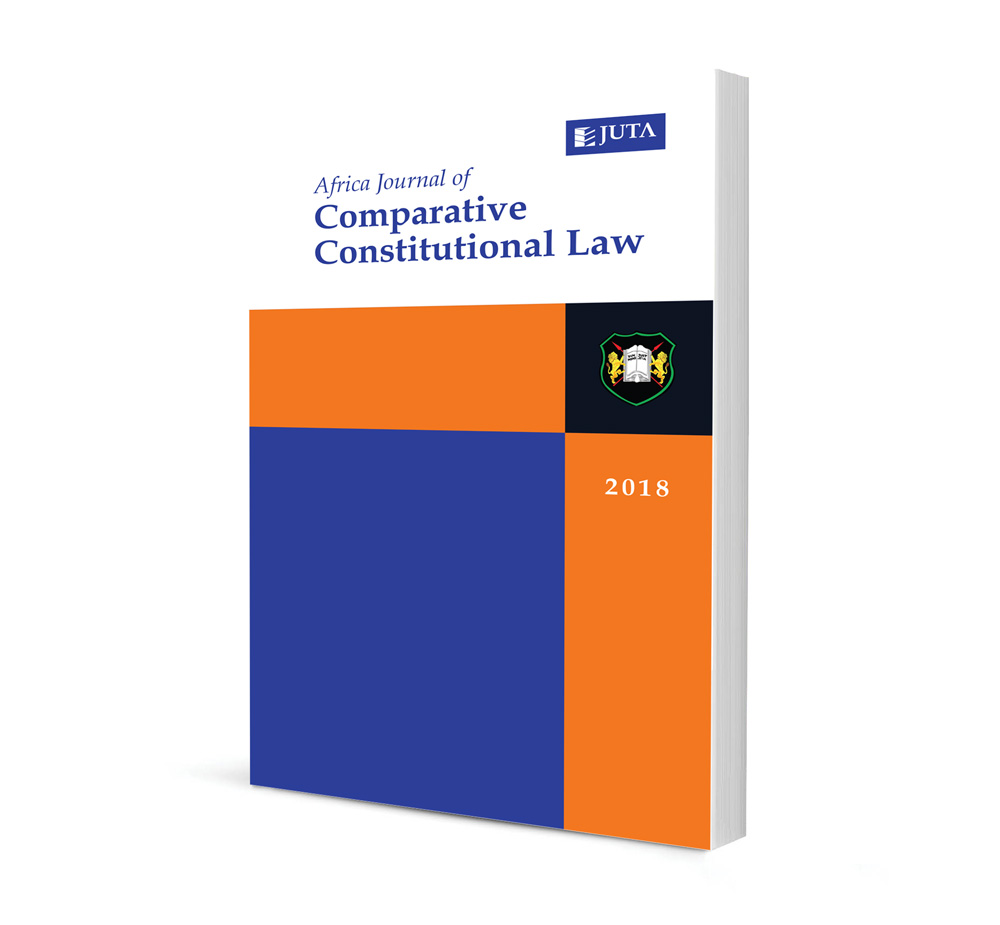Global Constitutionalism in the Context of the Third World: Remarks in Pursuit of a New Paradigm

Global Constitutionalism in the Context of the Third World: Remarks in Pursuit of a New Paradigm
Authors Aydin Atilgan
ISSN: 2521-5434
Affiliations: Lecturer at the Near East University, Nicosia, Cyprus
Source: Africa Journal of Comparative Constitutional Law, 2016, p. 131 – 152
Abstract
Global constitutionalism refers to the continuing debate on the character of contemporary international law in the context of the increasing integration in the realm of constitutional law of states. It is also an umbrella term that overarches pro-constitutionalist theories within the international legal theory. However, it largely consists of contributions from Western scholars, with negligible opinions from the rest of the world. The article evaluates a position for the Third World within the debate on global constitutionalism. While doing so, the article not only draws attention to the Western-centric nature of the debate, but also examines the changing structures and paradigms in the Third World.